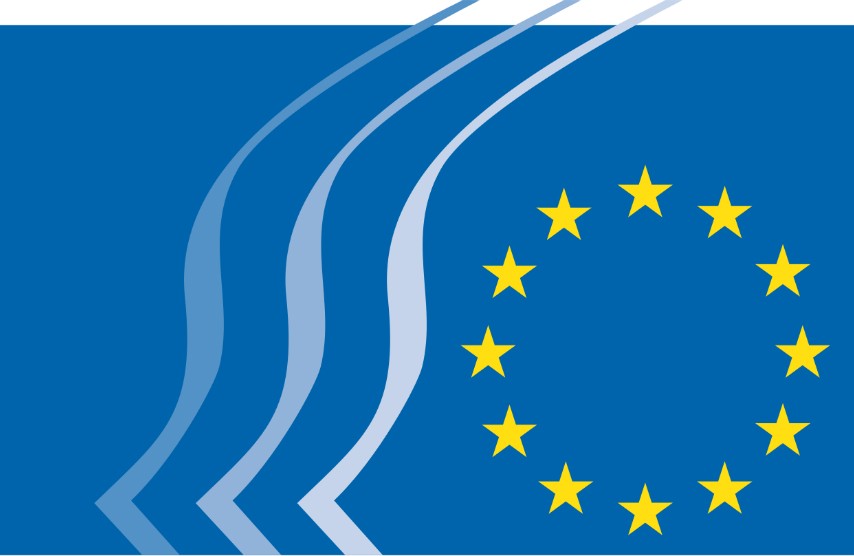Deputy Chair of BIA Maria Mincheva was among the rapporteurs
At its plenary session of 09 and 10 June 2021 (meeting of 09 June), the European Economic and Social Committee adopted the following resolution by 175 votes with 2 abstentions
Maria Mincheva, Deputy Chair of BIA and member of the Council of Group 1 - Employers before the members of the Plenary Session:
_____________
Madam President, ladies, and gentlemen,
The resolution we are presenting today is based on input from all sections of the Committee. Although the document was drafted by only the three rapporteurs, it reflects different viewpoints.
Given the scope of this document and its ambition to cover all six priorities of the Commission's work program, it is very difficult to wrap up in just three minutes. We have specific comments and suggestions for all six chapters.
Let me point out a few elements that I find important.
I would start with the context in brief. As you know, in 2020, the EU economy suffered the deepest economic downturn since the Great Depression due to the COVID-19 pandemic. Its impact on the EU economy is significantly stronger than on other large economies. In particular, the EU economy shrunk by 6.3% in 2020 compared to 3.5% in the US and China's growth by 2.3%; it's recovering much slower with 4.2%, as expected this year, as opposed to 6.4% in the US and 8.4% in China.
That is why the focus on economic recovery is one of the key messages in the draft resolution. In addition to the national recovery and sustainability plans, we also comment on the involvement of the social partners and civil society organizations, which has remained unsatisfactory in the preparation phase. It is likely that not all Member States will recover at the same pace. We urge the Commission to ensure the swift approval of the submitted plans, by taking into account that any delay could lead to an increase in the gap between the Member States and different segments within the national economies.
We emphasize that now is the time to learn from the pandemic and that the effective industrial strategy must remain at the heart of the EU's recovery agenda. A solid economic base and the creation of added value are key to generating sustainable development and maintaining an ambitious European social model. Social policies must go hand in hand with policies that stimulate economic development, recognizing their mutual purpose for the common welfare. Job creation, skills development, and inclusive labor markets are the best recipe for preventing inequalities and exclusion and for strengthening social stability. Economic and social progress are closely linked. To achieve a rapid recovery, all relevant instruments must be mobilized (fiscal, monetary, structural, investment-supporting, regulatory, and financial).
Thank you for your attention!






